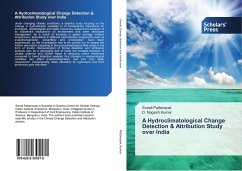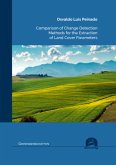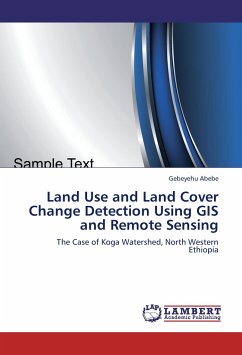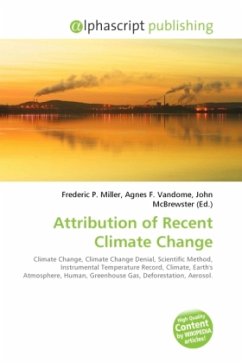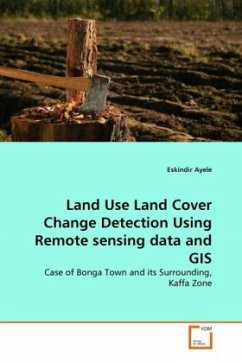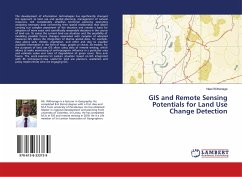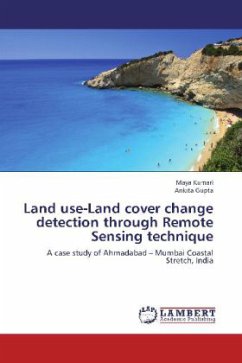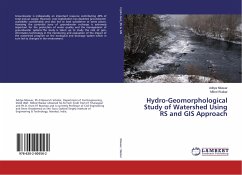Under changing climatic conditions, a detailed study focusing on the change in hydroclimatic variables is of fundamental importance for ecologists, climatologists and water resources researchers because of its substantial implications on environment and water resources management. As a result of increase in global average surface temperature, aberrations in different hydroclimatic components such as evapotranspiration, streamflow and precipitation have been experienced, so the investigation has to be carried out to assess the hidden aberration subsisting in the hydroclimatological time series in the form of trends. Demonstration of formal detection and attribution analysis acts as a decrypting tool to study the complex behavior of climate patterns and further helps in deducing useful inferences compared to trend detection analysis. Any changes in meteorological variables can effect evapotranspiration rate and crop water requirement. Consequently, water allocation for agriculture and food production gets disturbed.
Bitte wählen Sie Ihr Anliegen aus.
Rechnungen
Retourenschein anfordern
Bestellstatus
Storno

